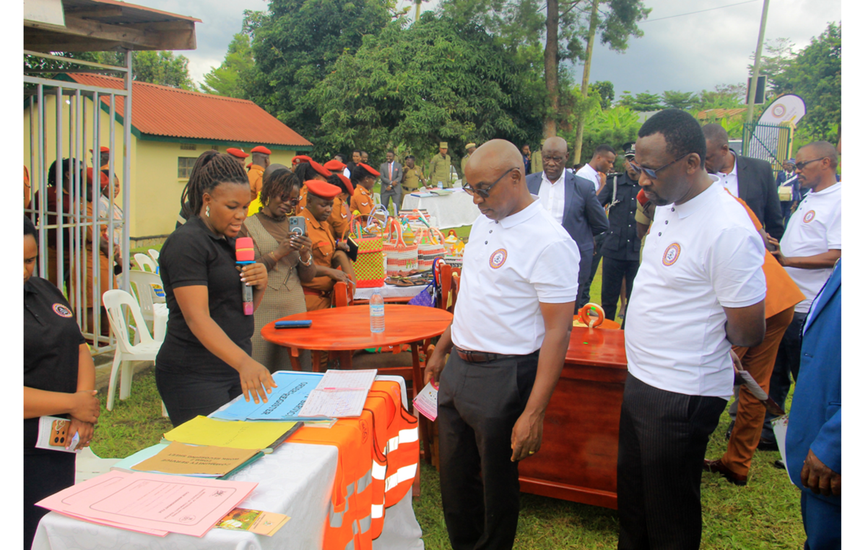Kampala, Uganda | In a bid to ease the growing backlog of court cases, Deputy Chief Justice Flavian Zeija has called on judges and magistrates to actively promote alternative dispute resolution (ADR) mechanisms such as arbitration, mediation and community‑based settlement.
Speaking at the open day of the High Court of Bushenyi recently, Justice Zeija emphasised that judicial officers must look beyond traditional court hearings and make it clear to court‑users that they have options outside the courtroom. “When people come to court you tell them that there is an option of ADR that you can go out of court and resolve your cases and come to court to register your consent,” he said.
Justice Zeija admitted that earlier judicial training discouraged interaction between judges and litigants. “Our training as judges was that you can't talk to court users … But this is what we are trying to demystify, you can't work for the people and not face them, are you God?” he remarked.
He urged communities to resolve “simple matters” through neighbours, religious leaders or local authorities rather than crowding the courts. He questioned why people with clear admissions of debt still come through formal legal channels rather than mediated settlement. “I don’t know why people come to court … why don’t you go to neighbours or to religious leaders and you solve that,” he asked.
At the same event, stakeholders from the judiciary and local leadership flagged that the case backlog is exacerbated by seemingly minor disputes being brought to court, repeated adjournments, and insufficient use of ADR mechanisms. Court users in Bushenyi voiced concerns about the length of time taken to resolve matters and the burden placed on guarantors in money‑lending cases.
Experts say the push for ADR comes amid persistent backlog challenges in Uganda’s legal system. Recent data show that thousands of cases remain unresolved across multiple court levels, prompting calls for innovation in dispute resolution and increased community engagement.
The judiciary’s strategy includes training judicial officers in mediation and arbitration techniques, expanding outreach to communities, and simplifying access to non‑court settlement. Success of this approach, courts hope, will lead to fewer cases entering full litigation, more timely justice delivery and relief for an overburdened court system.
Implementation of ADR as a mainstream alternative promises several benefits: faster resolution, lower costs for parties, reduced pressure on judges and courts, and improved trust in the justice system. For Uganda, where judicial efficiency is critical to economic performance and social stability, this shift could make a profound difference.
However, observers note that ADR cannot replace court processes entirely. For serious matters such as severe criminal charges or complex commercial litigation courts will still play central roles. What ADR offers is an additional channel for the many civil, family and small‑claims disputes that currently stall the system.
As the judiciary rolls out new policies and training programmes, key indicators to watch will be the number of cases diverted to ADR, the rate of successful mediations and arbitration outcomes, and the overall reduction of backlog across court circuits. The upcoming months may reveal whether Uganda’s courts can be freed from clogging and refocused on delivering timely and effective justice.
